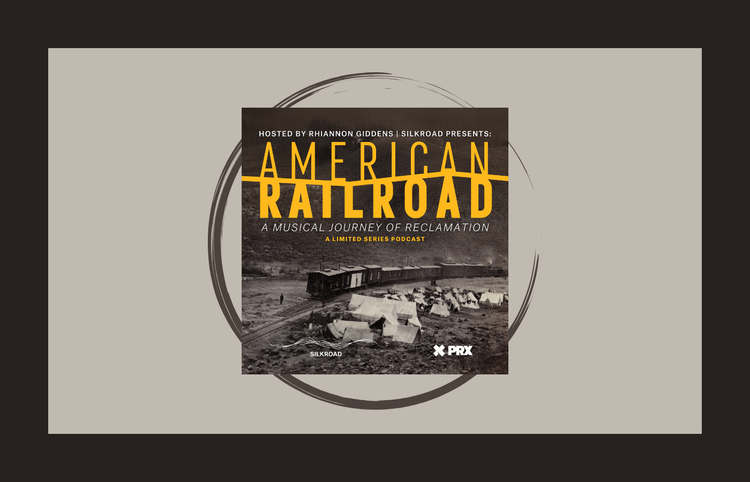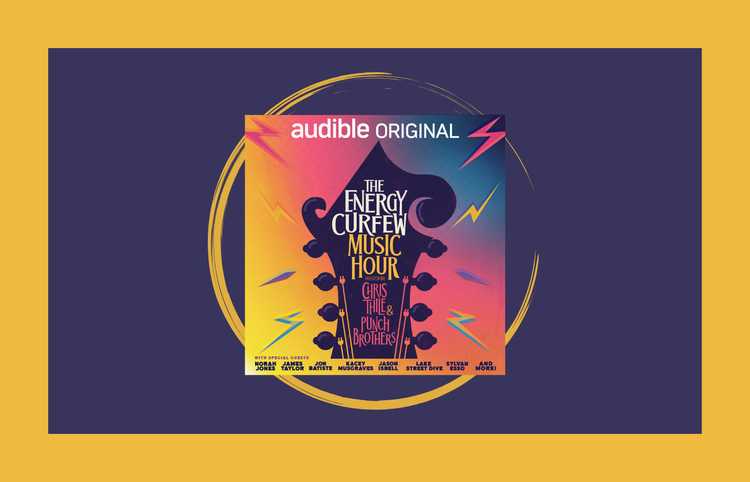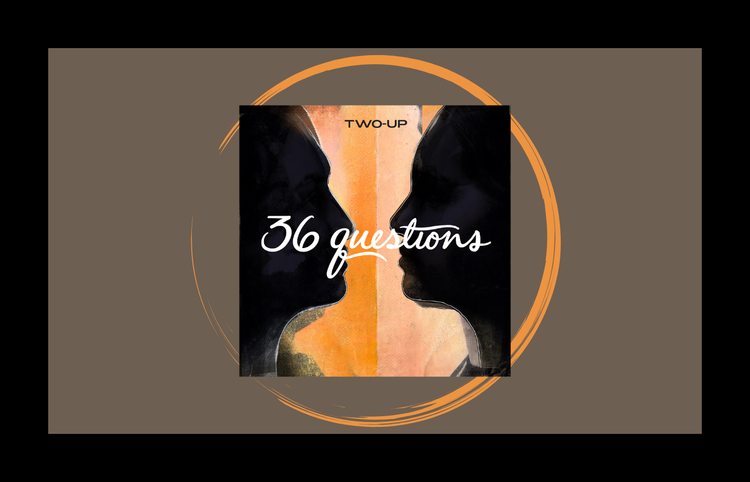Review: Long Shadow

I tend to avoid the political on Magpie. It’s an intentional thing I do to create space. This space is for myself, and for others to walk into something that doesn’t echo the cacophony of humanity. I want, typically, to be a space where people can browse and find things they can be curious about.
Sometimes, though, something comes up and it pokes at me. It reminds me that staying apolitical can be just as bad as the cacophony. My review today touches on some very heavy topics, especially for Americans. If it’s not for you, then click to the next one.
If you are, like me, finding you have some blindspots in the “how and why” we got “here” then let’s continue.
I first listened to Long Shadow sometime last year. It became an important podcast, not in the sense of “this podcast changed my life” but in the sense of “this podcast taught me so many things”. Season one I purposefully have avoided, 9/11 is a topic I don’t tread into without some serious prep. Season two, however, broke open topics I only heard reference to.
For this context, I was born in the Mid-90s. I call myself “the last of the millennials” - if I had been an oldest child instead of a youngest child, I’d probably call myself “the first of Gen Z”. I think my age and aspects of my natural curiosity leaned me away from America in the 80s to the early oughts, which is what happens to most children when they’re dreaming about being astronauts and movie stars. Long Shadow taught me a lot about those blindspots and what I had been missing by way of a childhood rightfully steeped in fantasy. Rather, a childhood I’m aware that has been taken from many.
To start, Season Two: The Rise of the American Far Right sits on heavy topics. It traces recent history, from incidents like Waco and Ruby Ridge, straight to what is now known simply as January 6th. Without expectation, Long Shadow tied these events in with The Oklahoma City bombing and more. Again, all things that because I was too young to understand them, became misty specters of fact, swirling around, effectively nightmare stories the adults would reference and I would understand as the reference rather than the impetus.
I say Long Shadow takes this on without expectation as an important point. Sure, this reporting and hosting by Garret M. Graff may be the basis of what I know now, but the neutrality of it all makes it an excellent place to start. We can talk about bias all we want when it comes to reporting, but that doesn’t change the subtle neutrality of this podcast. It’s not just trustworthy in the sense that the production and tone is phenomenal to have in your ears, it’s also the presentation and writing. The events of this podcast aren’t treated lightly, but they are not treated with reverence. They are treated as fact, and you almost can understand where people are coming from when you listen to each episode strung together with a simple question of “How?”.
This podcast is a stunning example of why long form, thorough journalism is important, and why despite my hesitancies, I am telling you about it now. Season Three In Guns We Trust has just started. In the same vein as the first two seasons, with episodes around 40 minutes to an hour, we have a very matter of fact telling of how guns became such a political force in the United States. With just the first few episodes, more recent and farther back history is spun to give a basis of the here and now.
All of this reporting unfolds a history that doesn’t sit in classrooms. It is a history that speaks from the memory of grandparents rather than from formal education. These are facts often that are so twisted with emotion and opinion that it’s hard to find a way out of everything tied together. Guns are a tough topic, and Americans argue the Constitution now until they’re blue in the face.
The fact is, it was not always that way. Personally, I was brought up around guns. Not in any serious way, I come from a family of hunters. The have always been first and foremost very dangerous tools. For a long time, most of America thought that way. That is, until they didn’t. In Guns We Trust gives a clear, and once again, near neutral accounting of how we went from one understanding to the next.
None of this is easy. The new season opens with recounting Columbine, again, something I have only understood as a shadowy start to lockdown drills. Not something I tied into a bigger political sphere that started years before 13 students were killed at a high school in Colorado.
If The United States is going to figure itself out while respecting a history that many people hold dear, more people should pay attention to this podcast. It’s not acting as though any of this is easy, and so far it’s not even giving us solutions to problems. It’s laying the problems out so that we have facts, context, and nuance. Things we often miss when it comes to these stories.
Listen to Long Shadow Below.
Long Shadow is Co-Produced by Long Lead and Campside Media, in collaboration with The Trace, and distributed by PRX.
If you want a podcast that’s not as heavy, scroll through my podcast reviews. You’ll find something there.
If you really like what I do, consider sending me a tip!





Comments ()